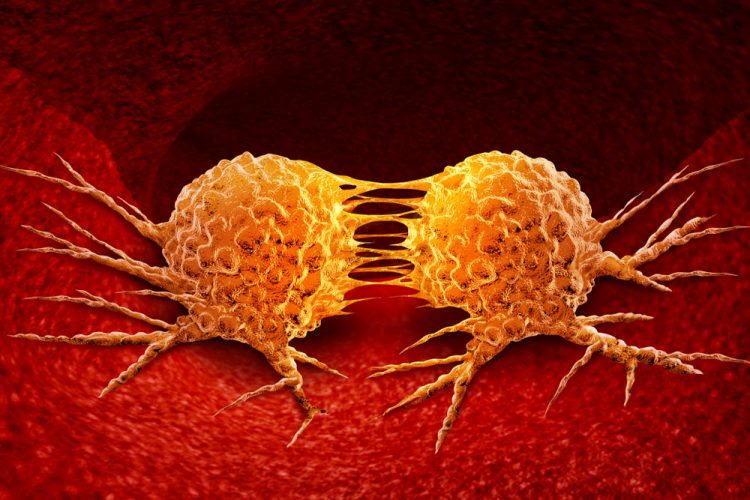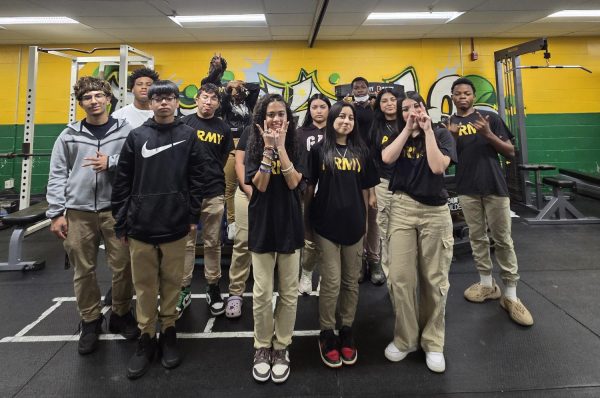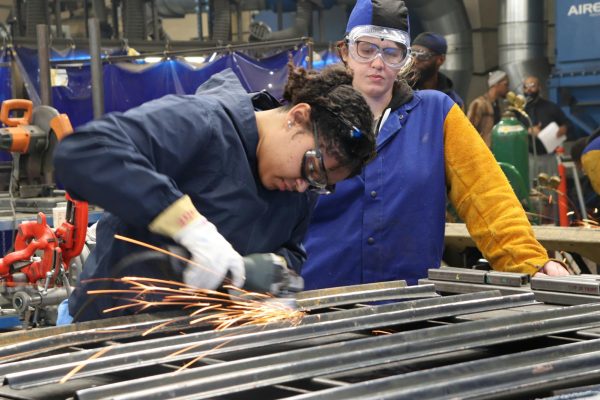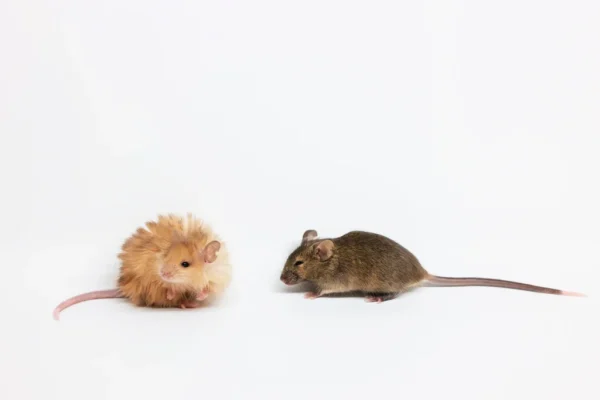The science behind cancer makes it difficult to cure
When you get the flu, you’re aware that the flu will go away and you’ll feel better eventually. Maybe you’ll have a doctor visit or two and get prescribed medication to ensure your well being. Unfortunately, a cancer survivor is aware that cancer will never go away and they must become accustomed to living half their life in the hospital.
However, these frequent hospital trips are not meant to cure cancer and only to slow down the spread of it. Furthermore, cancer being the second-leading cause of death in the world makes finding the cure for it a necessity, yet an impossibility in the eyes of scientists.
Cancer effects on the body
Cancer is the result of gene mutations that can be caused by aging, exposure to chemicals, radiation or hormones. Additionally, essential organs like the liver, lungs, heart, brain and kidneys are inevitably attacked, resulting in the destruction of normal tissues and improper function within the body’s organs.
“Each broad cancer type has many sub-types, and they all look and behave differently because they are different on a genetic and molecular level,” said Dr. John Maher, a clinical immunologist and cancer researcher at King’s College London. “This is because cancer arises from our own cells, so each cancer can be as different and diverse as people are.”
Furthermore, formation of cancerous tumors have a drastic effect on the body as these lumps continue to spread into organs nearby. For instance, a tumor of cancer cells in the heart will travel through the blood system and infect any part of the body pumped by the heart. Eventually, cancer will be present in every essential organ and begin to deteriorate the body.
Treatments become ineffective to cancer
There are many treatments for cancer such as surgery, radiation therapy, chemotherapy, precision medicine and stem cell transplant. They are ultimately effective options when it comes to shrinking cancerous cells… for a while.
“I received daily (Monday through Friday) radiation and chemotherapy treatments,” said Mr. Chinkhota, an art teacher at Parkdale who battled cancel a few years ago. “I received 30 treatments total. Most people, when they start chemotherapy, lose their appetite or sense of taste and are sensitive to various scents which cause you to feel nauseous; therefore, lose weight very rapidly.”
On the other hand, cancer cells form different genetic mutations over the course of time. A treatment for one genetic mutation will be powerless to a new genetic mutation that forms. In other words, cancer cells can potentially become resistant to a treatment made specifically for it.
Why is there no cure for cancer?
Although treatments slow down the reproduction of more cancer cells, it doesn’t completely get rid of existing cancer cells in the body. A “cure” for cancer would remove any trace of cancer in the body and ensure its disappearance. Unfortunately, that “cure” for cancer is unattainable in vaccines/treatments.
Unlike vaccines for diseases like polio, smallpox, measles and now even COVID-19, cancer vaccines do not directly attack the cancer cells. In fact, it would be unachievable because the antigens in cancer cells disguises them and makes it difficult for the immune system to distinguish cancer cells from normal cells. Subsequently, the immune system becomes vulnerable.
“One unfortunate scientific reality is that a universal vaccine to prevent cancer will likely never be developed [because it is] biologically impossible,” said Maurie Markman, the President of Medicine & Science at Cancer Treatment Centers of America(CTCA).
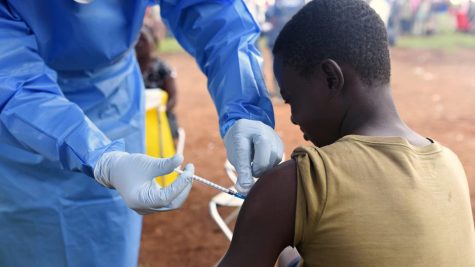
Ebola was a fever virus that weakened blood vessels and created internal bleeding in the body, meaning the only way to get rid of Ebola was to stop the virus from spreading to other people. Although cancer is not contagious, cancer can develop in anyone’s body without someone even knowing.
For many unfortunate victims, cancer reaches stage three or stage four without visible symptoms. A flu that worsens becomes evident as your coughs become more frequent and sneezes become more fierce, while cancer becomes terminal in parts of the body, leaving no signs behind.
What to takeaway
Although cancer treatments only neutralize the cancer cells and don’t eliminate them, cancer treatments save millions of diagnosed patients. Technological advances in chemotherapy, radiation therapy and new cancer treatments will aid them in their journey to recovery. Ultimately, the doctors and staff at hospitals do their best to give hope to the survivors of today.
“Everyone associated with the hospital, from the drivers, to concierge, to cafeteria workers, to the switchboard operator are so gracious, kind and patient. They remember names, give hugs and spend time just talking with you,” Mr. Chinkhota continued. “I beat cancer with my wonderful team of doctors at the Cancer Treatment Centers of America and a supportive family unit and I will be celebrating 8 years of being cancer free this coming summer.”
Your donation will support the student journalists of Parkdale High School. Your contribution will allow us to cover our annual website hosting costs and publish some printed editions, as well.
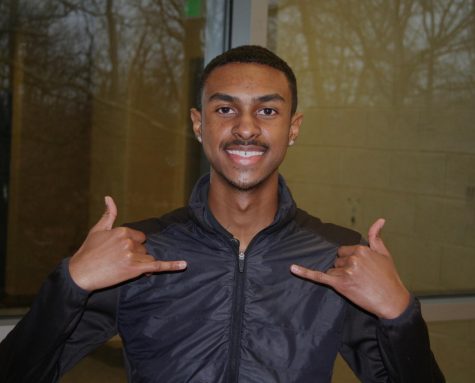
This is Nathaniel Timoll, a junior but soon to be senior. He was born in New York and his family is from Jamaica. He enjoys playing soccer, performing...

